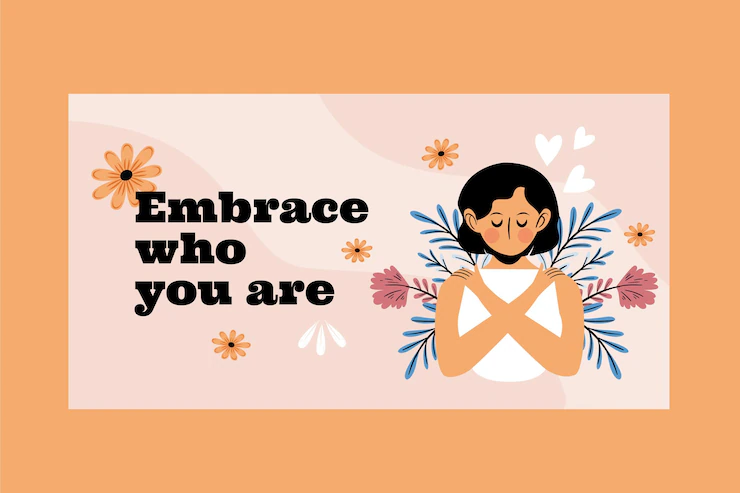In today’s fast-paced and often stressful world, it’s easy to overlook the positive aspects of life. However, cultivating gratitude and appreciation can have a profound impact on our mental well-being. Research has shown that practicing gratitude can increase happiness, reduce stress levels, and improve overall mental health. In this article, we will explore the benefits of gratitude and provide practical tips on how to cultivate gratitude in our daily lives.
- Understanding the power of gratitude: Gratitude is the practice of acknowledging and appreciating the good things in our lives, big and small. It involves shifting our focus from what is lacking to what we have and being mindful of the positive aspects of our experiences.
- Keeping a gratitude journal: One effective way to cultivate gratitude is to keep a gratitude journal. Take a few minutes each day to write down three things you are grateful for. These can be simple things like a kind gesture from a friend, a beautiful sunset, or a delicious meal. Reflecting on these positive experiences can help shift your mindset towards gratitude.
- Practicing mindfulness: Mindfulness is the practice of being fully present in the moment without judgment. By practicing mindfulness, we can become more aware of the positive experiences and blessings that surround us. Take time each day to engage in mindful activities such as meditation, deep breathing, or simply focusing on the present moment.
- Expressing gratitude to others: Show appreciation to the people in your life who have made a positive impact. Write a thank-you note, express your gratitude verbally, or perform acts of kindness to show your appreciation. By expressing gratitude to others, you not only uplift their spirits but also reinforce positive emotions within yourself.
- Finding gratitude in challenges: It’s important to remember that gratitude can be found even in challenging times. When faced with adversity, try to find the lessons or silver linings in the situation. This can help shift your perspective and foster resilience.
- Practicing self-compassion: Extend gratitude and appreciation to yourself. Acknowledge your strengths, accomplishments, and efforts. Treat yourself with kindness and compassion, recognizing that you are deserving of love and appreciation.
- Engaging in acts of kindness: Engaging in acts of kindness towards others can cultivate gratitude within yourself. Volunteer, help someone in need, or perform random acts of kindness. These actions not only make a positive impact on others but also generate a sense of gratitude and fulfillment within yourself.
- Surrounding yourself with positivity: Surround yourself with positive influences, whether it’s through the people you spend time with, the media you consume, or the environments you frequent. Surrounding yourself with positivity can foster a grateful mindset and improve your overall mental well-being.
- Reflecting on past experiences: Take time to reflect on past experiences that have brought you joy, growth, or gratitude. Remembering these positive experiences can evoke feelings of appreciation and remind you of the good things in your life.
- Incorporating gratitude into your daily routine: Make gratitude a daily practice by incorporating it into your routine. Set reminders on your phone or use gratitude apps to prompt you to pause and reflect on what you are grateful for. Over time, this practice will become a habit, leading to improved mental well-being.
Cultivating gratitude and appreciation is a powerful tool for enhancing mental well-being. By intentionally shifting our focus towards the positive aspects of our lives, we can foster a grateful mindset and experience the benefits of gratitude in our daily lives. Start small, be consistent, and watch as gratitude transforms your perspective and overall mental well-being.










